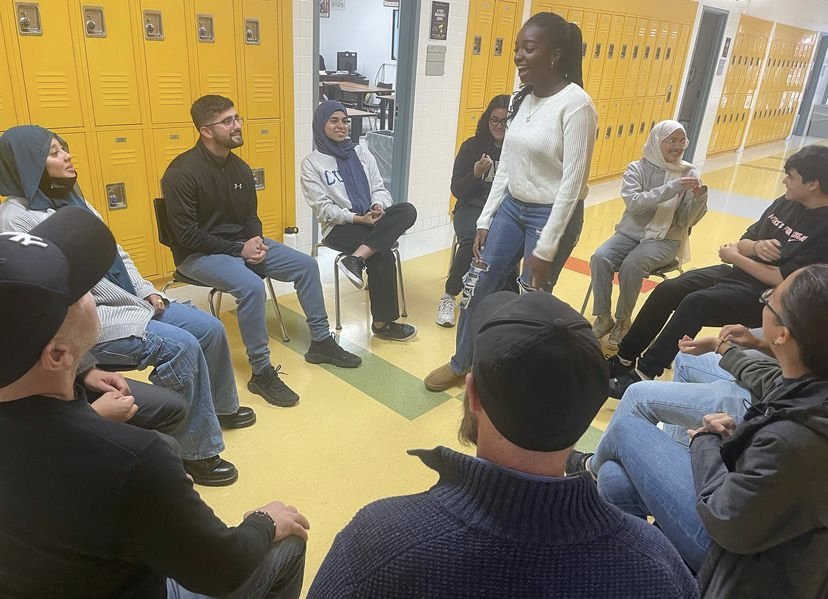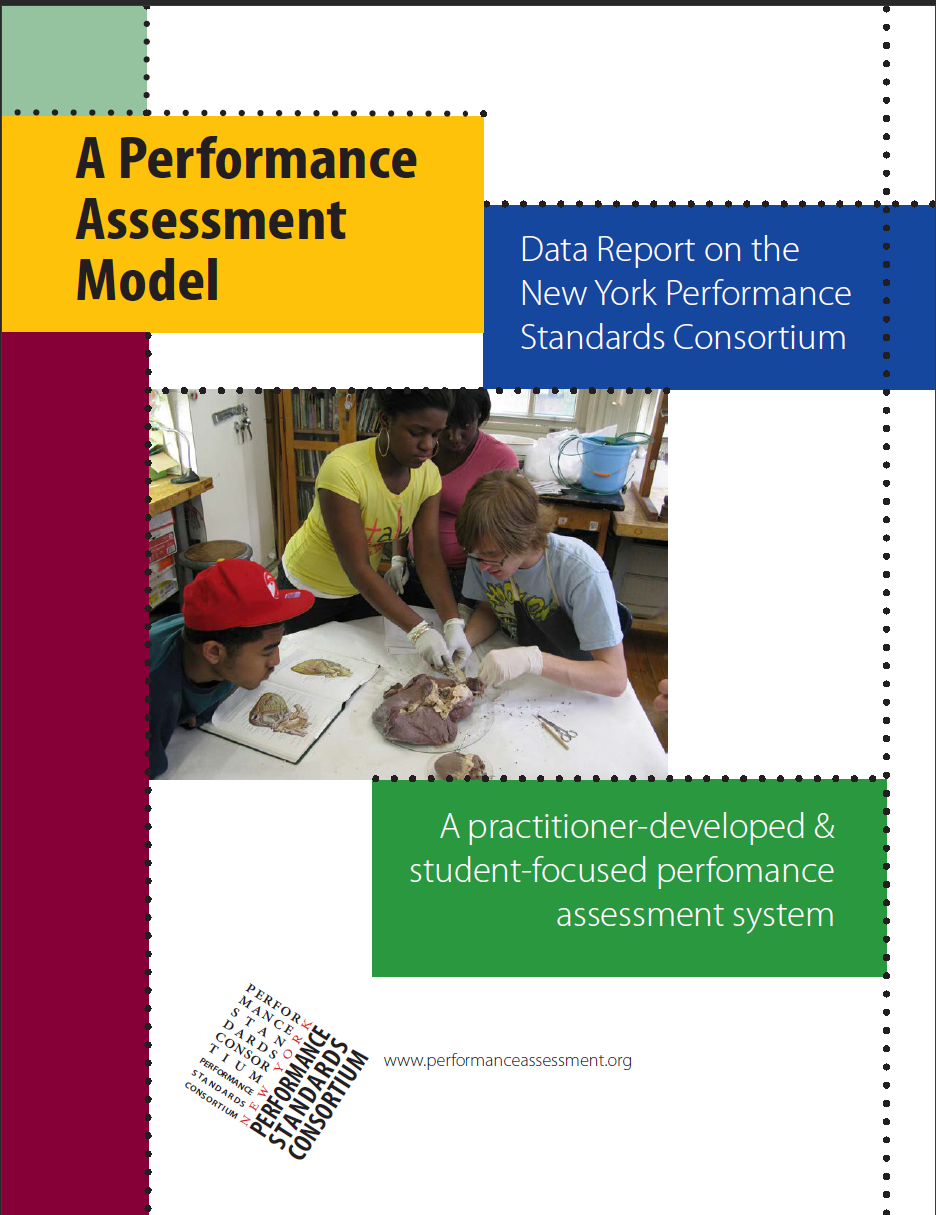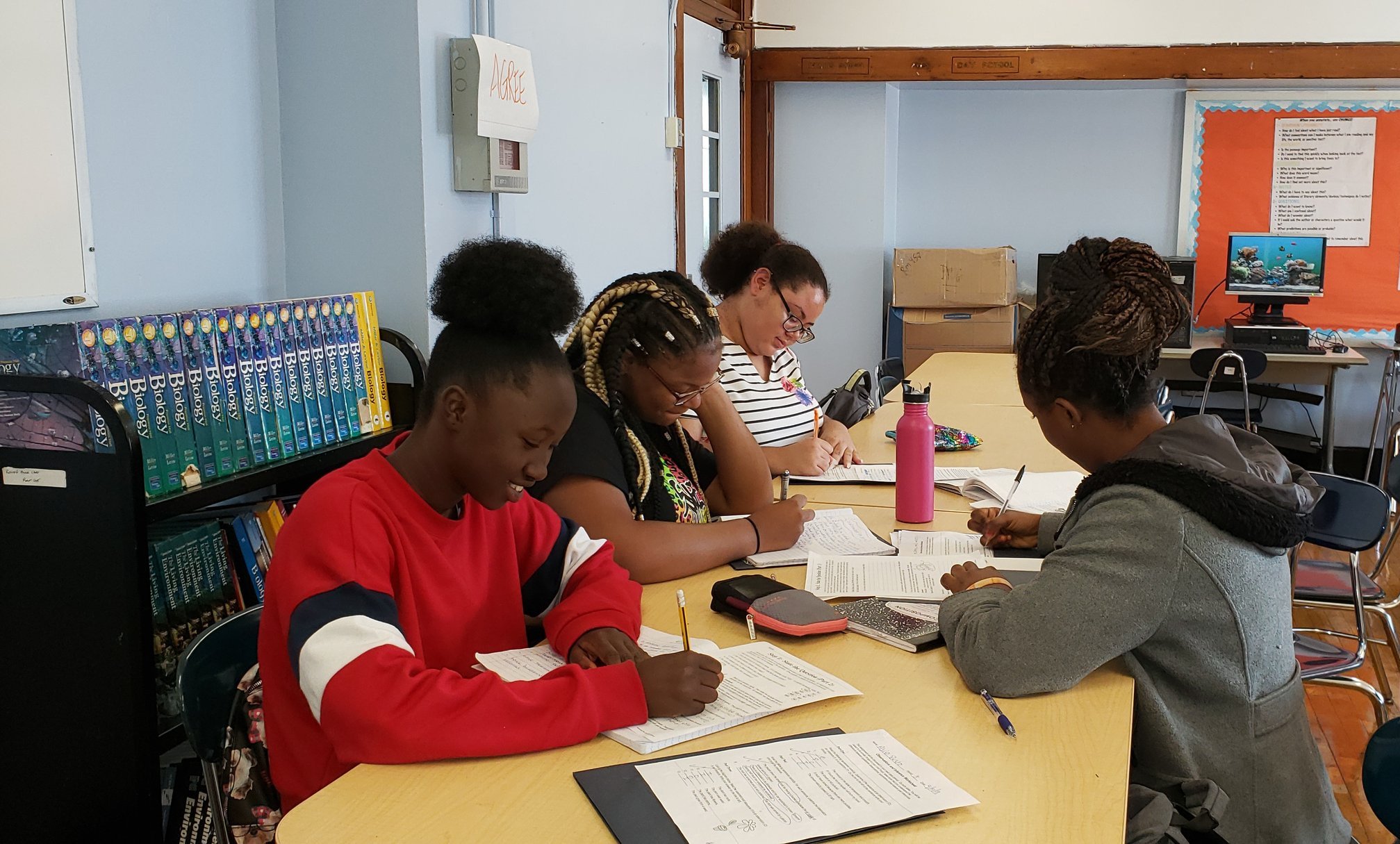For more than 25 years, Consortium schools have been preparing students for success in college, careers, and citizenship.
Student achievement and post-high school outcomes for our students have regularly surpassed those for similar students in New York State despite Consortium schools serving a disproportionate number of higher needs students.
Demographics of Consortium and NYC Public High Schools
External researchers have repeatedly cited the success that Consortium schools have with students, including high school graduation rates that far surpass NYC Averages.
Learn More About The Consortium’s Track Record of Success in our 2021 Data Report
High School Graduation Rates for Consortium and NYC Public High Schools
What graduates say about how a Consortium education prepared them for postsecondary success:
“I think other schools, it's kind of like only tests matter. [There is] less emphasis on portfolios and projects. Now, in college, they place more emphasis on projects and performance. I’m used to my grade being more dependent on projects and essays, because of my experience in a consortium school. Whereas I’m not sure students who have gone to [...] high schools that are test-focused have that experience.”
- Consortium graduate & first generation college student at CUNY (at the time of interview)
“We had to write so much in high school. I felt so prepared [for college writing assignments] because I had been doing it for so long. I knew what to expect.”
- Consortium graduate & CUNY student (at the time of interview)
In its report Assessing College Readiness Through Authentic Student Work by Michelle Fine and Karyna Pryiomka, the Learning Policy Institute emphasizes the positive impact the Consortium’s approach has on students, particularly young Black men:
“The authentic learning and assessment practices of Consortium schools contribute to enhanced academic progress for students: …Diverse by race, ethnicity, immigration status, (dis)ability, gender, housing circumstances, socioeconomic status, academic history, and first language, these students begin high school with more marginal academic records but graduate, enter college, persist in college, gain credits, and sustain higher GPAs than their peers.
…Black males, in particular, benefit from a Consortium education when compared to Black males educated in traditional high school settings: They are noticeably more likely to persist in college and to receive higher grades.”
In its report The Transformation of Public High Schools in New York City by Ray Domanico, the Manhattan Institute emphasizes the impact Consortium schools have on student outcomes:
“[C]onsortium schools stand out. They admit the students with the lowest performance levels on the state’s eighth-grade exams; their English and algebra Regents’ scores are low; yet their students earn admission to college. But when DOE accounts for those low eighth-grade scores and other measures of students’ previous achievement, it finds that the Consortium high schools do better than other schools with similar populations. Thus, 88% of the students in these schools are meeting or exceeding DOE’s achievement expectations.”
Consortium graduates connect hard and soft skills with growing the confidence it takes to succeed in postsecondary education. As one graduate said:
“When in [a Consortium] high school, you’re taught to adopt your own opinion and execute that and present that in a way that everyone would understand and other people would find powerful. That's a skill and that's a quality that will give you kind of that confidence that I feel is genuinely necessary when you're going into a school where you absolutely know no one. Where you might be the only person that looks like you in a classroom.
And I think that's something, of course, that Consortium schools definitely do offer compared to just a traditional curriculum.”
- Consortium grad & first gen college student at CUNY (at the time of interview)






